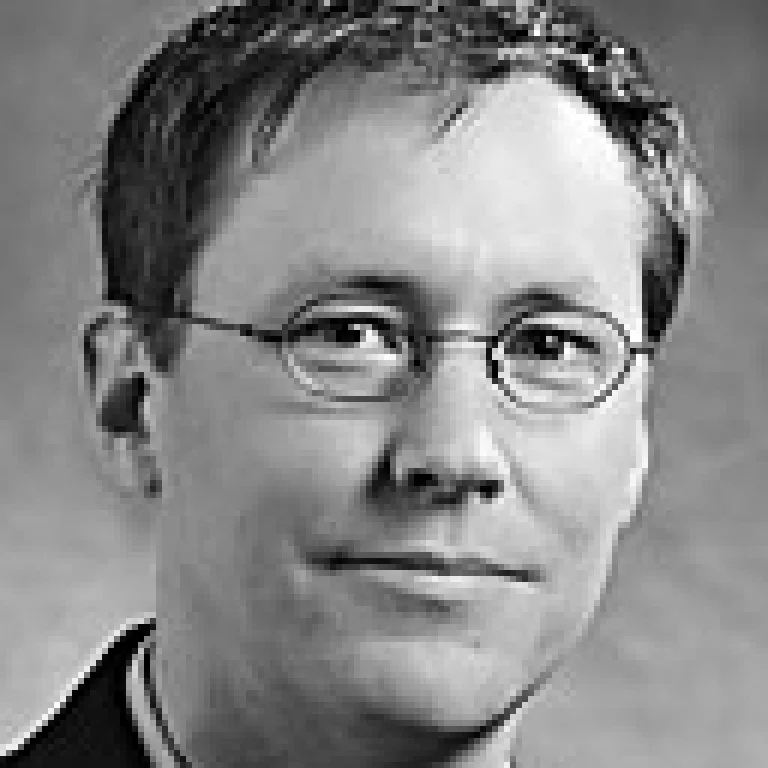
Christopher Tenove
Profile
Chris Tenove has recently completed a Ph.D. in Political Science at the University of British Columbia and is now a Postdoctoral Research Fellow at the University of British Columbia. His research brought together international relations and democratic theory to explore the democratic possibilities of global governance institutions and to trace the relationship between global justice and the political empowerment of individuals and communities. His dissertation focused on the evolution of international criminal justice, and the evolving relationship between international criminal tribunals and victims of mass violence. His research had also been supported by the Social Sciences and Humanities Research Council, by a grant from the Africa Initiative Graduate Research Exchange, and by UBC's Liu Institute for Global Issues.
Before he began doctoral studies, Chris was an award-winning freelance journalist working in Canada and abroad. He has contributed to media such as Maclean's, The Walrus, The Globe and Mail, The Tyee, CBC Radio, This American Life, and the Radio Netherlands World Service.
Experience as a Trudeau Scholar
Doctoral studies can do funny things to people. They can confine a previously well-rounded person to an extremely narrow tranche of research; they can keep a productive person at a subsistence income for years on end; and they can force a publicly-engaged person to step away from active involvement in the issues and events of the day. I was concerned with these issues when I stepped away from my career as a journalist to do doctoral studies. The Trudeau Scholarship offered a remedy. The financial support, including travel funding, enabled me to go to Cambodia, Uganda, The Hague and elsewhere, to learn from survivors of mass violence and from political elites. The 'Trudeau Foundation community' provided an antidote to the forced specialization of doctoral studies. I was introduced to scholars conducting varied and critical research, to artists and elders, to Ottawa power-brokers and occasionally to representatives of our country's peripheries. To attend a conference of the Trudeau Foundation can feel like being at a nerve centre, receiving pulses of information and insight from around the world. They are exhilarating. Finally, the Trudeau Foundation, and the people I met through it, strengthened my ethos of public engagement and public responsibility. I believe that the program made me a better citizen as well as a better scholar.

